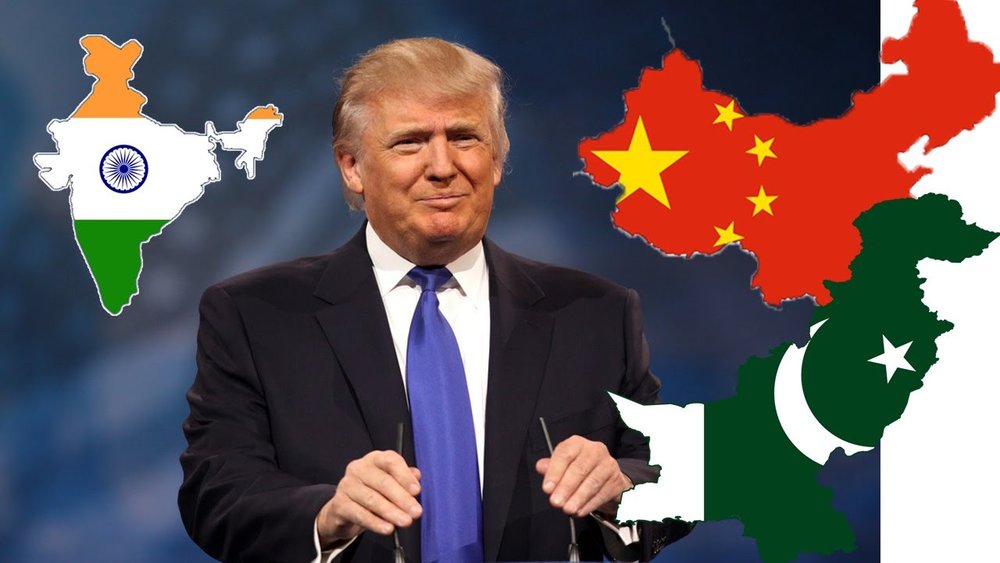‘U.S. focus in South Asia gradually shifting from Pakistan to India’

TEHRAN - After the recent turn of events, regional alliances have changed and a paradigm shift has been witnessed in the foreign policy priorities of countries in South Asia. The U.S. has lost an important ally and is now wooing another regional bulwark for a potential ‘marriage of inconvenience’.
According to a report in China’s state-run newspaper Global Times, which is often seen as a reflection of Beijing’s official stand, U.S. focus in South Asia is gradually shifting from Pakistan to India, with latter making no secret of its reluctance to continue to be subservient to the U.S. interests.
In an article titled ‘US tilts toward India in shifting South Asia policy’, the Chinese daily stated that Pakistan can no longer enjoy a special status (in U.S.) as it did during the war on terrorism, whereas India, sharing common anxieties with the U.S. against a rising China, assumes new importance for the US.
The report cited the Communications Compatibility and Security Agreement (COMCASA) signed between New Delhi and Washington last week during the inaugural Indo-US 2+2 dialogue, and suspension of anti-terrorism aid to Pakistan, to assert that the U.S. was desperately trying to woo New Delhi, after the break-up with Islamabad.
In recent months, the U.S. and Pakistan have slowly drifted away, after President Donald Trump’s hyperbolic tweet on the New Year, in which he accused Pakistan of ‘lies and deceit’. It was followed by the announcement that the Pentagon will cancel military aid to Islamabad.
Stung by these unsavory developments, Islamabad responded maturely, while continuing to forge stronger ties with China – its new all-weather ally.
According to experts, the growing proximity between Pakistan and China has not gone down well with Washington, especially with the progress on the China-Pakistan Economic Corridor (CPEC) project. China’s foreign minister during his three-day visit to Islamabad last week underscored the significance of CPEC and conveyed the desire of Chinese government to further enhance the strategic partnership between the two neighbors and allies.
These developments have raised eyebrows in Washington. U.S. has even threatened to block any move from Islamabad, which is facing an economic crisis, to get bailout from the International Monetary Fund (IMF), expressing apprehension that the money will end up in Beijing.
“It seems that the U.S.’ South Asia policy has witnessed significant developments in the past few weeks. On the one hand Washington announced it would suspend $300 million in military assistance to Pakistan and named Zalmay Khalilzad, a long-time critic of Pakistan, as a special envoy to Afghanistan,” the newspaper said. “On the other Washington signed with New Delhi a long-due major military communications agreement which allows them to closely coordinate on a compatible network just like the US and its closest allies do.”
What has complicated the matter further is the new-government in Islamabad headed by Imran Khan, who has traditionally been a fierce critic of U.S. South Asia policy. Since assuming power, he has made no effort to reach out to Washington, but has expressed his strong desire to improve ties with regional countries, including Iran. His government’s backing of the Iranian nuclear deal has also ruffled feathers in the power corridors of Washington, who see it as a direct snub.
